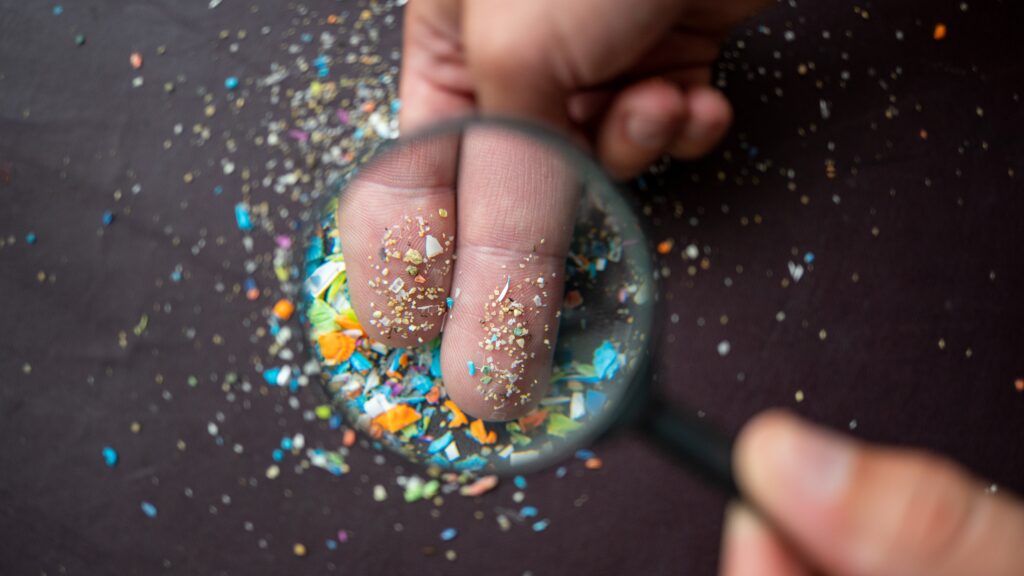Microplastics are now found in human blood, lungs, guts – even brains. Scientists estimate we may each carry around 5g inside us.
Researchers in Austria recently found that exposing gut bacteria to microplastics changed their balance and chemical output, resembling patterns linked to depression and cancer. “Reducing microplastic exposure is a wise precaution,” said Dr Christian Pacher-Deutsch.
Microplastics come from packaging, clothing, cosmetics and tyres. Some are tiny enough to pass into our cells. “They’re in almost every tissue studied,” said Dr Jaime Ross, whose research showed exposed mice developed brain changes similar to dementia.
Plastic has also been found in the brains of dementia patients and in heart plaques linked to strokes. But experts warn it’s too early to know how harmful this is. “We don’t yet know what these numbers mean,” said Prof Stephanie Wright of Imperial College London.
Still, scientists are changing their habits. “Minimising exposure is probably beneficial overall,” said Wright.
How to Reduce Exposure
- Avoid heating food or drinks in plastic.
- Use glass or metal containers.
- Choose natural fabrics for bedding and clothes.
- Check cosmetics for plastic ingredients.
- Walk away from heavy traffic to reduce airborne particles.
We can’t avoid microplastics completely, but small changes can limit what enters our bodies — and the planet.


